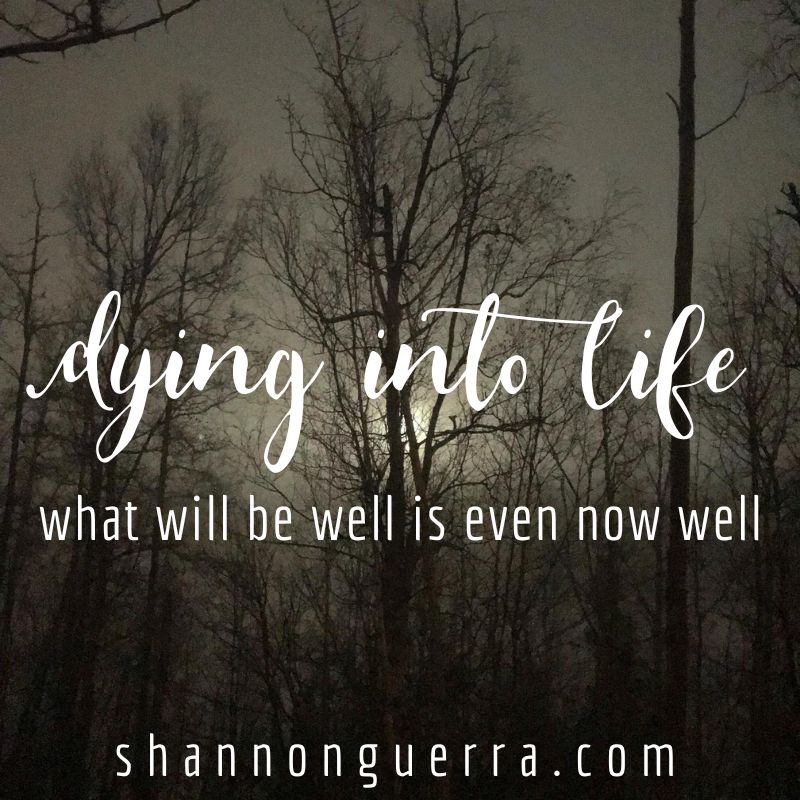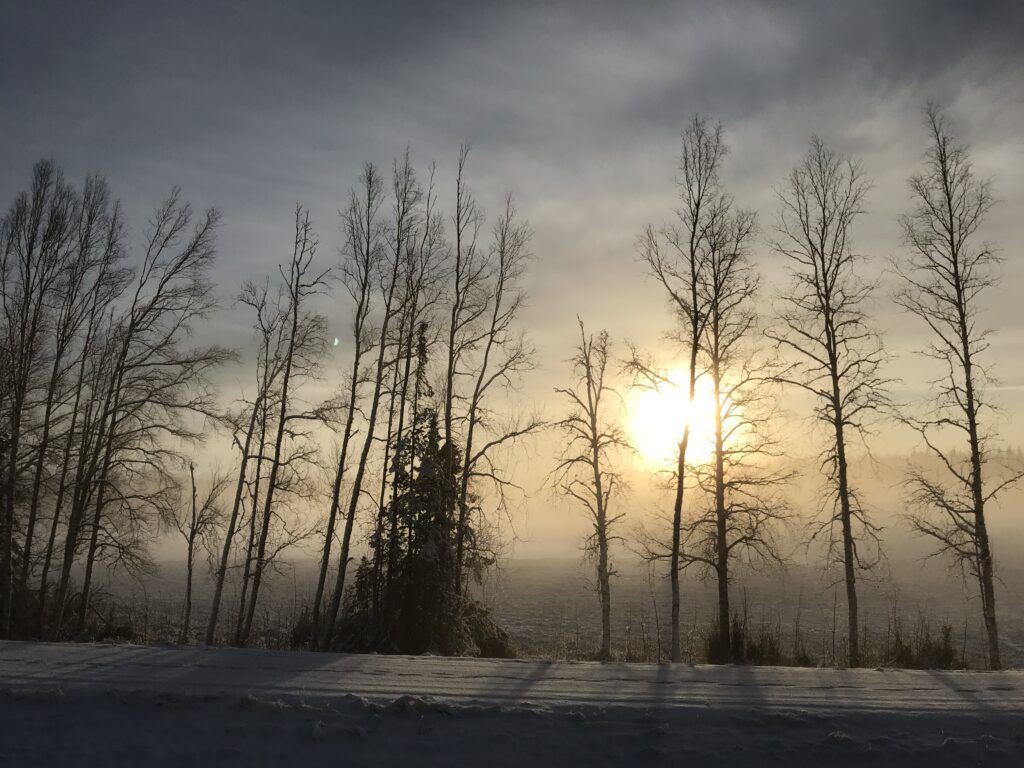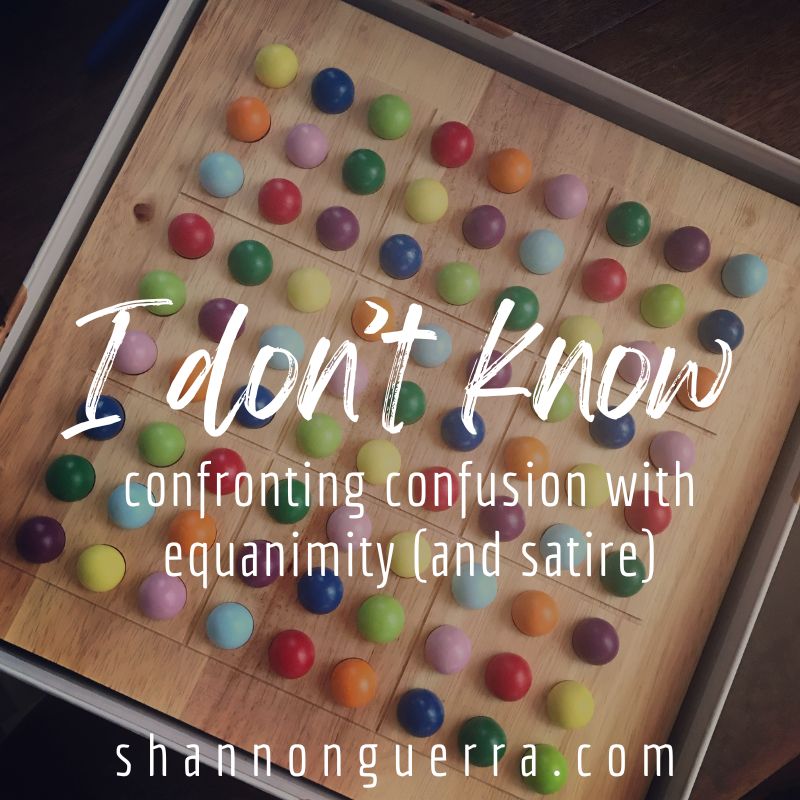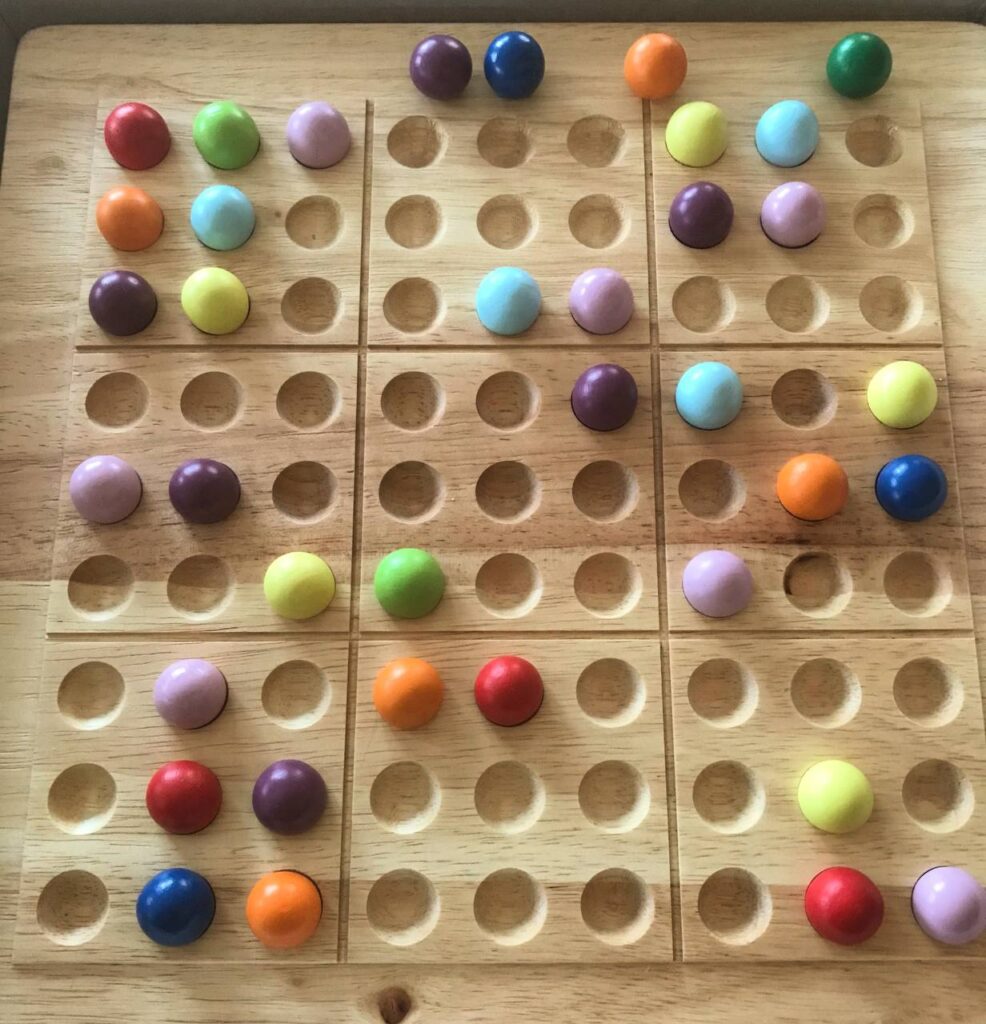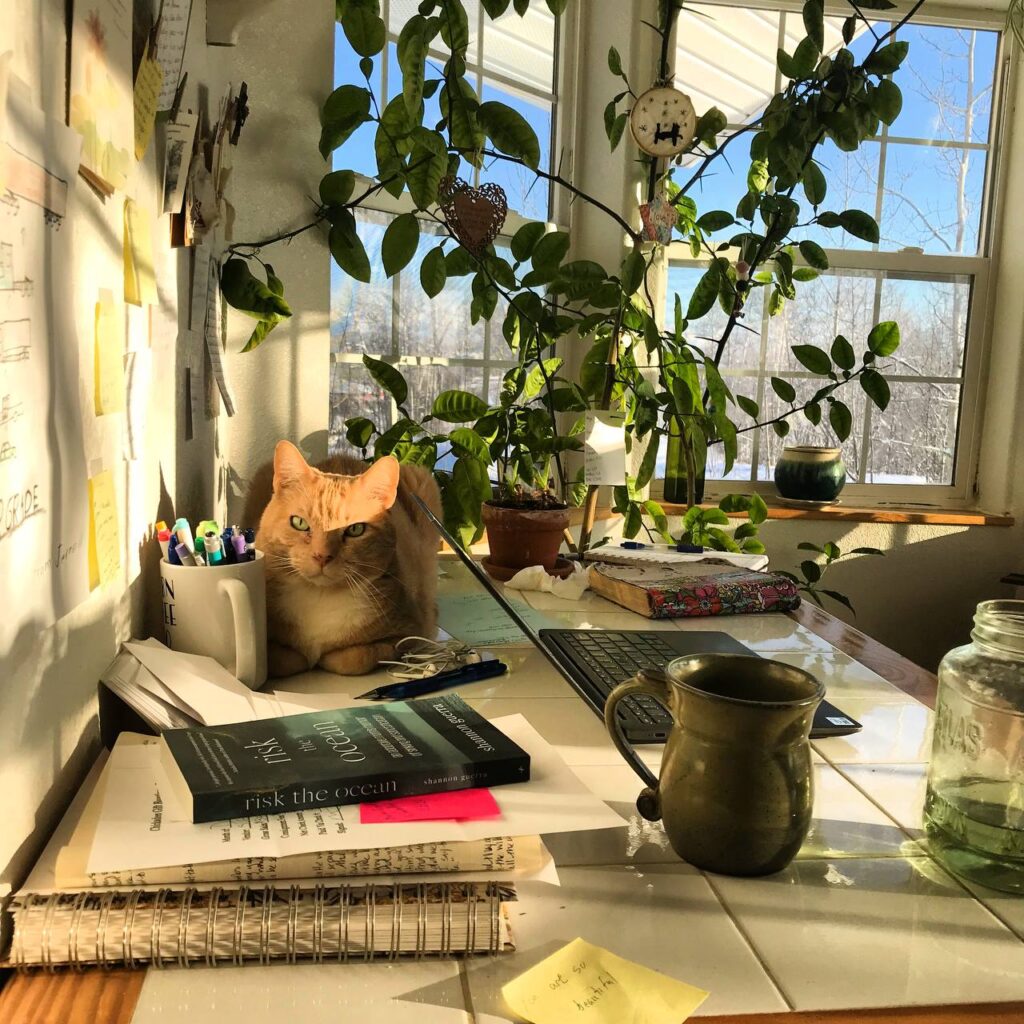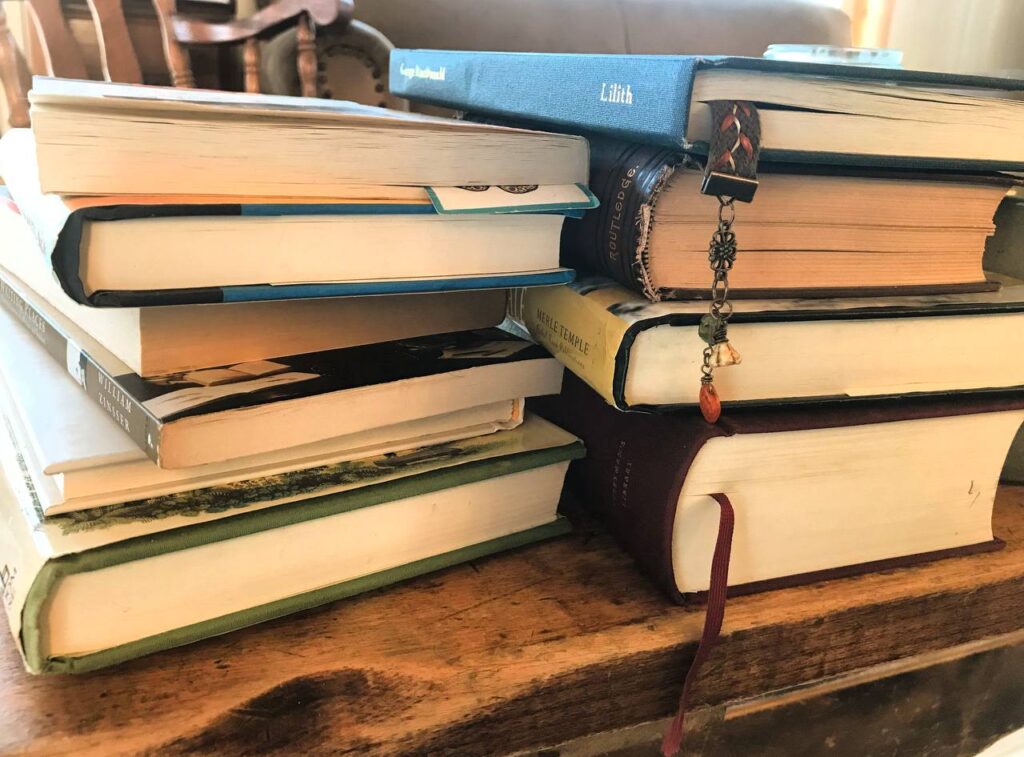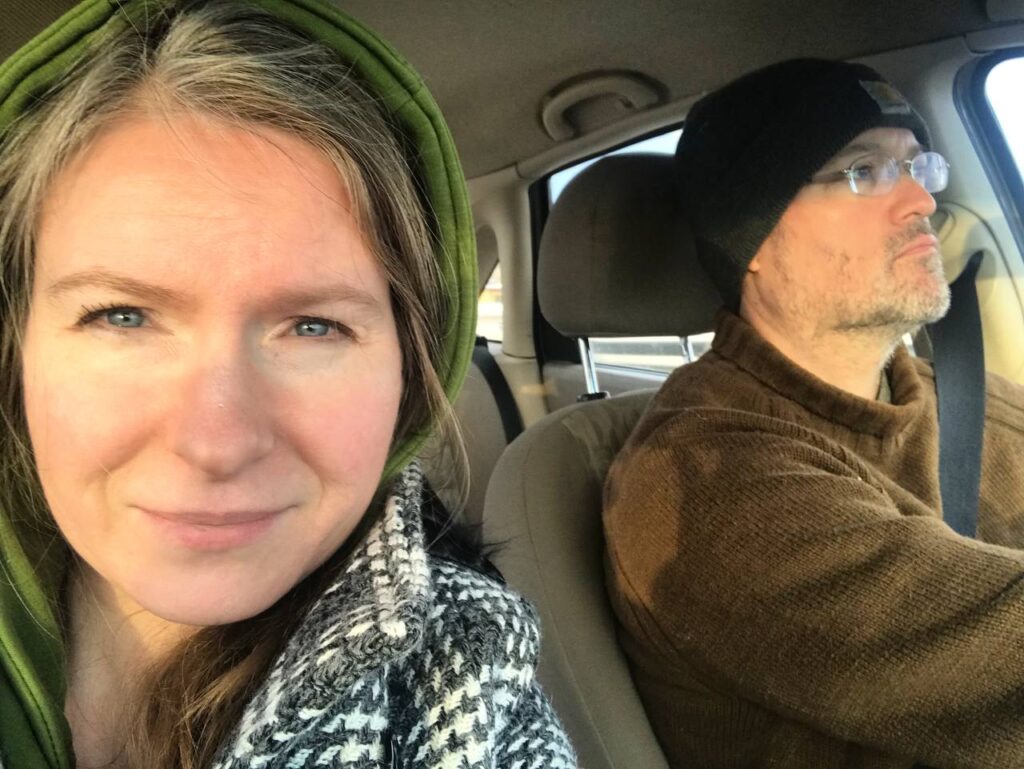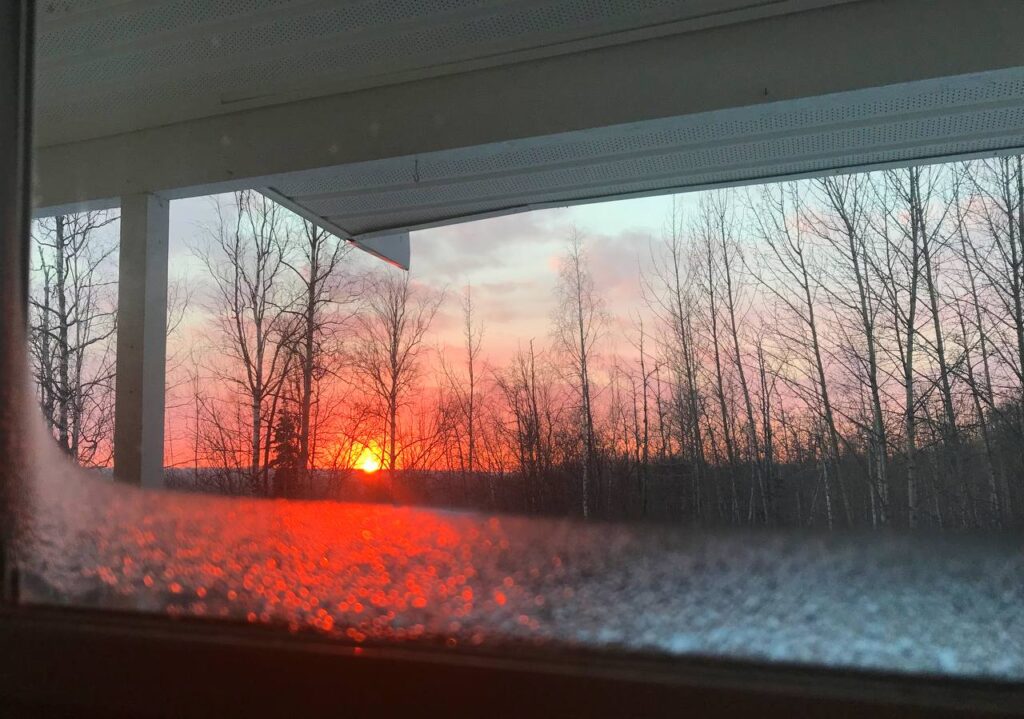There I was, texting back the speech pathologist about how to help Reagan, who speaks at about a 3-year-old level. Except I was also cooking my breakfast, and also, I had no idea how to answer the pathologist’s question, which was, “Which sounds are you looking for?”
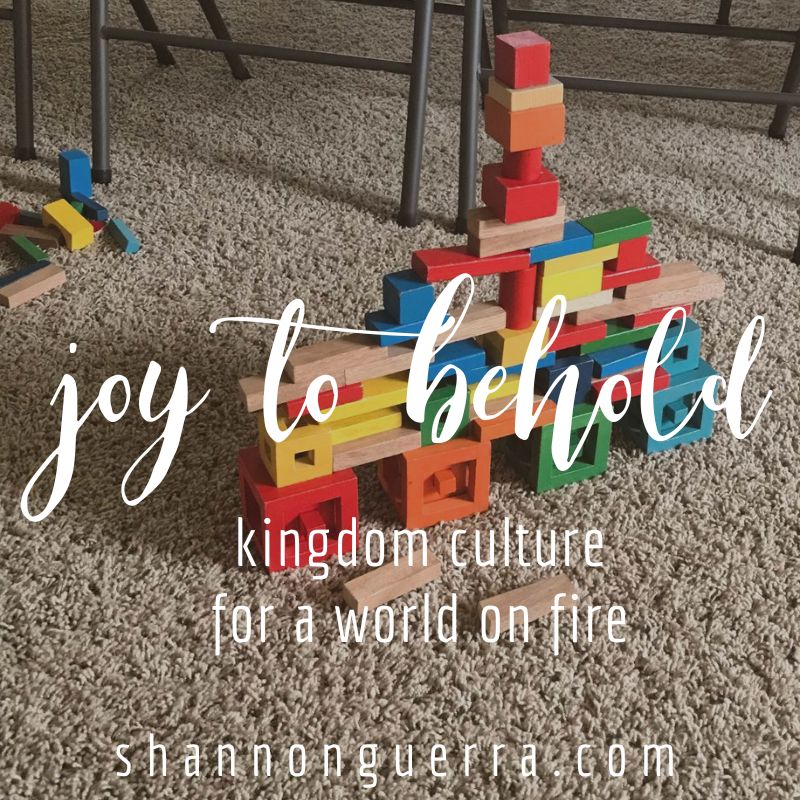
Which sounds? I thought. All of them. Where do I start? I texted out a short summary of Reagan’s ability and diagnoses, rattled through how Ls and Rs are very hard to distinguish, hard I often sounds like ah or uh unless we correct her, she does not say the y or x sounds in “excuse me” (it sounds like “eskoose me,” but if you read Risk the Ocean you know this is huge improvement over asking to be caboosed), and she does not move her mouth or tongue to make sounds properly, and –
“Why is smoke coming from the pan?” Finn asked, bringing me back to the task at hand right as the smoke alarm went off.
Oh yeah, breakfast. Whoops.
Because I cannot cook hash browns and navigate the intricate juncture of speech pathology and special needs parenting at the same time. One of them needs my urgent attention, and the other, no matter how important, needs to wait.
There are so many competing needs. It feels like everything needs to be done at once, and everything needs our attention all at the same time. But it’s just not true.
I set the phone down and let the situation simmer while I rinsed the burnt oil off the cast iron pan before starting again. We can give ourselves do-overs, just like we give our kids – we can leave the half-written text as a draft, we can mute the notifications, we can hold a boundary to those asking for information that’s none of their business. We can delete the platforms, channels, and social media outlets that feed our cortisol levels instead of feeding us.
And it’s important to remember that, because our inboxes and mailboxes and phones and screens are full of all kinds of things demanding our attention and outrage.
But just because they demand it, doesn’t mean they get it. Especially not on their terms.
We can turn the flame down when the world is on fire, and pour living water on it, instead.
For as many of you as were baptized into Christ have put on Christ.
– Galatians 3:27
For God gave us a spirit not of fear but of power and love and self-control.
– 2 Timothy 1:7
The world is on fire but here we are, a chosen race, a royal priesthood, a holy nation, a people for His own possession, going about Kingdom business in the midst of the crossfire.
As we abide, we let the One who lives in us pour out onto the world around us, and in doing so we refuse to take the enemy’s bait, choosing instead to play it cool while a firm boundary of equanimity settles around us: This house, this family, this day is our dominion, and whatever tries to barrel its way through will feel all the more heat outside as their feet are held to the fire in contrast with the cool joy of the living water that reigns here in this place.
We overcome not by passivity or blissful ignorance, but by strategically starving the beast that feeds on fear and chaos and distraction. We create order and beauty by walking in joy, trusting God, doing both the modest and immense tasks in front of us.
So, bake bread. Hug your kids. Kiss your spouse. Drink the water. Read the books. Think before blurting out. Appreciate the friend, reach out to the quiet one. Pray for the neighbor. Make something beautiful (like hash browns).

So many tiny, tiny, little things feel so insignificant in light of current events. The enemy goes around, the unholy attention seeker, tossing lit matches in varying degrees of proximity to us, hoping we will lose focus and run frantic, sloshing water out of ourselves in attempt to put out one fire while two others start raging.
But when we face the Living Water, soak, and refill, we can point in prayer and direct a fire hose without leaving His presence.
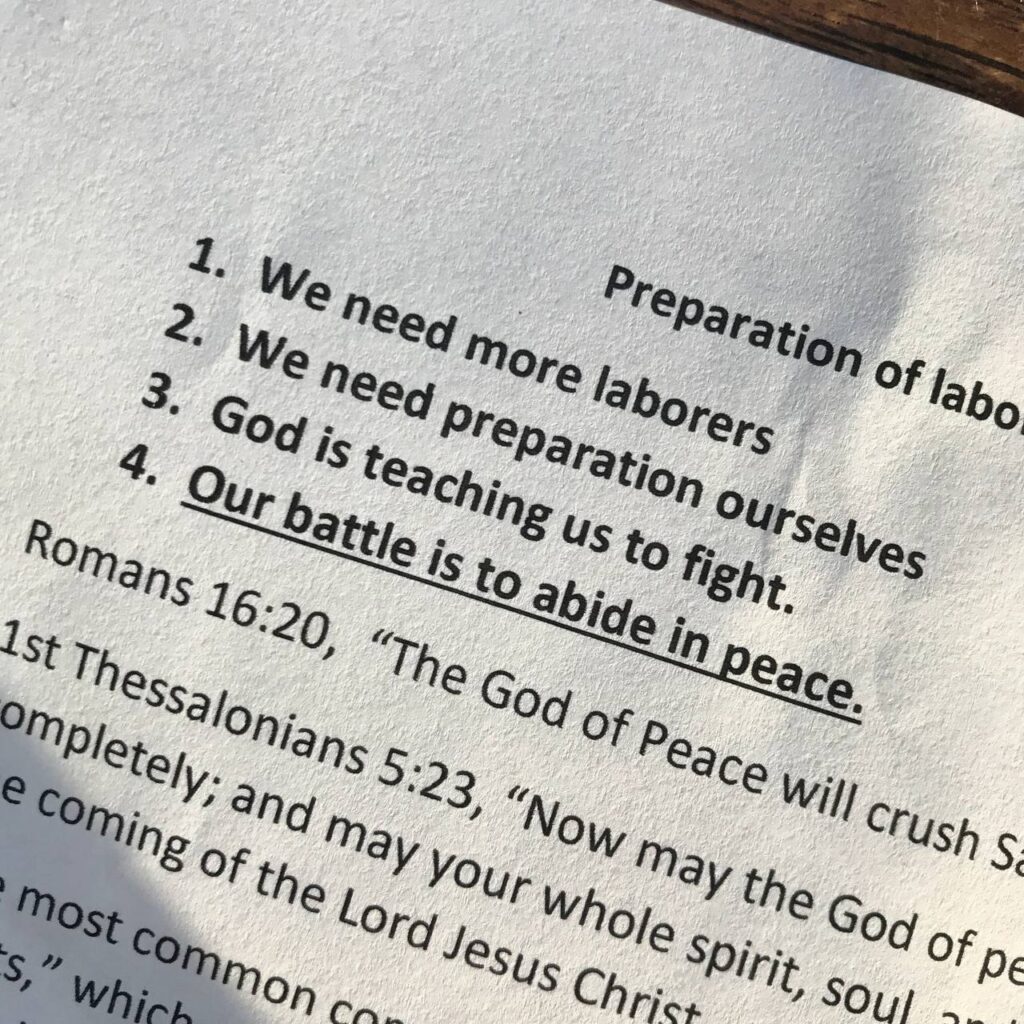
Last year in one of our intercessors meetings, one of our pastors gave us a double-sided page of notes and said, “Our battle is to abide in peace.” My Gen X summary of his notes is, Keep your cool. Persist stubbornly in joy. Biblical hope is not like the world’s version of wishful thinking; it is the expectation of God’s answers and movement. The joy of the Lord is our strength.
Now may the God of peace himself sanctify you completely, and may your whole spirit and soul and body be kept blameless at the coming of our Lord Jesus Christ. He who calls you is faithful; he will surely do it.
— 1 Thessalonians 5:23-24
And then not long after that in another meeting, he read this passage:
Because you did not serve the Lord your God with joyfulness and gladness of heart, because of the abundance of all things, therefore you shall serve your enemies whom the Lord will send against you, in hunger and thirst, in nakedness, and lacking everything. And he will put a yoke of iron on your neck until he has destroyed you.
— Deuteronomy 28:47-48
And we noticed the first part: Because you did not serve the Lord with joyfulness and gladness…Have you thought about how joy is both worship and warfare?
So we choose joy. We choose gratitude. We choose to play it cool, not giving the enemy more attention than he deserves, and we put our eyes on what God is doing. And as we do that, He shows us more and more of what He is up to. Our focus on Him protects us from what is not of Him, and the enemy is disarmed by our worship.
If I had known this lesson years ago, our hardest season might not have been so dark. Maybe though, really, that was the beginning of me learning this lesson of how to play it cool and survive with a smile when everything looks to be falling apart. But I’m learning it even more now, and when we know better, we do better.
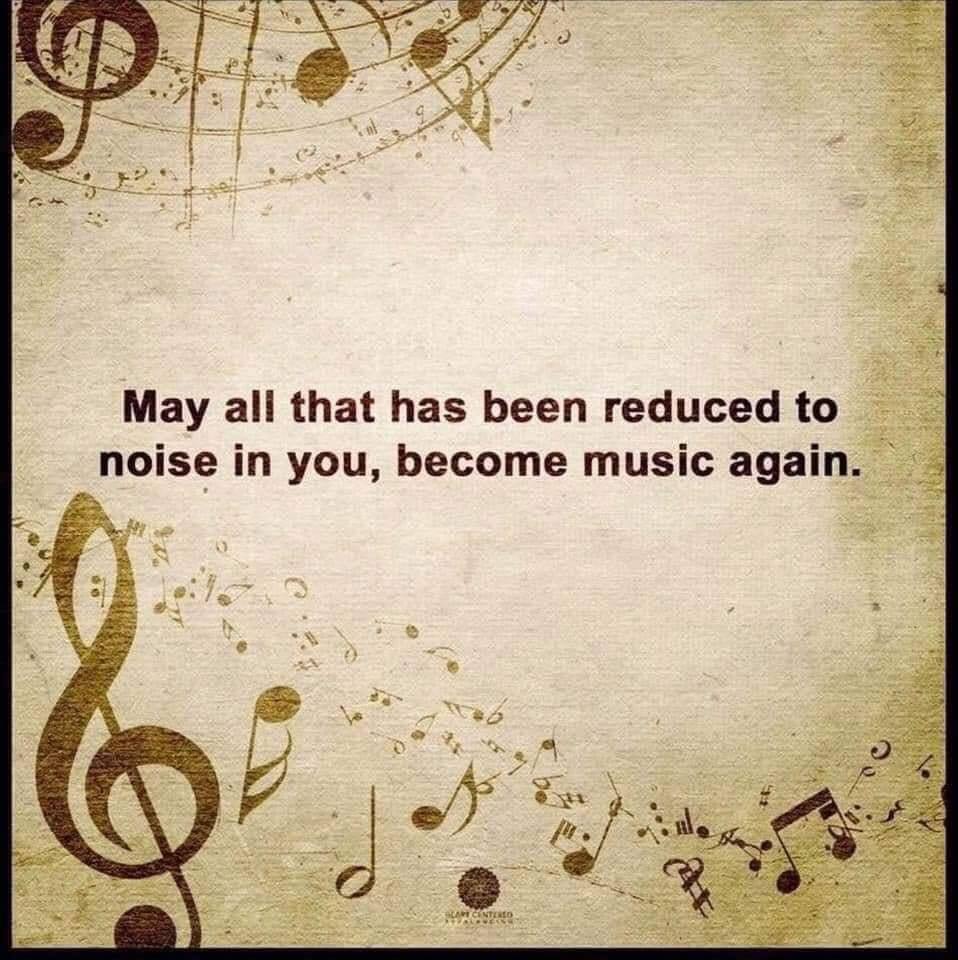
We are fighting (and winning!) the battle of the day every time we pursue the particular “whatever is good, whatever is lovely” God has called us to in this moment.
Rejoice in the Lord always; again I will say, rejoice. Let your reasonableness [gentleness] be known to everyone.
The Lord is at hand; do not be anxious about anything, but in everything by prayer and supplication with thanksgiving let your requests be made known to God. And the peace of God, which surpasses all understanding, will guard your hearts and your minds in Christ Jesus.
Finally, brothers, whatever is true, whatever is honorable, whatever is just, whatever is pure, whatever is lovely, whatever is commendable, if there is any excellence, if there is anything worthy of praise, think about these things.
— Philippians 4:4-8
When the enemy attacks and tries to get you to look at the wrong thing, he’s saying, “Look at this, look at this, look at this!” trying to get your gaze off what the Lord has said, trying to get you to put the weight of your gaze on the other thing, on the wrong thing, and lift it off of God’s promise. The enemy wants to magnify the wrong thing and diminish hope, to shrink your trust in the Lord’s provision and ability, to inflate the discouragement and deception and lies, and to make the problem — which may be very real — seem more than it is, so as to steal the even greater reality and truth and hope of the provision and bright future the Lord has for you.
The Lord sees and knows. He knew it when you felt that gut punch, when you heard the bad news, the snide remark, the lie from the enemy that said you won’t make it. He speaks a better word and His blood is covering you, and He will have the final say. You won’t have to wait too long for it. He is preparing a place for you in the presence of your enemies, and they will watch as He vindicates and delivers you.
Even though I walk through the valley of the shadow of death,
I will fear no evil, for you are with me;
your rod and your staff, they comfort me.
You prepare a table before me in the presence of my enemies;
you anoint my head with oil; my cup overflows.
Surely goodness and mercy shall follow me all the days of my life,
and I shall dwell in the house of the Lord forever.— Psalm 23:4-6
So when the enemy comes at you with, “Look at this, look at this!” and jabs his ugly finger at the sore spot that has been hurting and draws your attention to it by bad news or someone’s careless remark or their disbelief that you could be doing something that they just can’t fathom, we must not fall for it. It’s a ploy from the enemy.
He wants to distract you with the lie so you don’t believe in the truth. He wants to distract you with the accusation so you forget your real identity. He wants to damage your vision.
He knows the time is short. He knows how close your promise is, so he’s desperate to make you disbelieve it.
But the promise is near, and God is present, as close as your breath. Do not take your eyes off Him, because He is your salvation, your very near and present help.
We are cultivating Kingdom culture with every tiny move of faithfulness.
Put on then, as God’s chosen ones, holy and beloved, compassionate hearts, kindness, humility, meekness, and patience, bearing with one another and, if one has a complaint against another, forgiving each other; as the Lord has forgiven you, so you also must forgive. And above all these put on love, which binds everything together in perfect harmony. And let the peace of Christ rule in your hearts, to which indeed you were called in one body. And be thankful.
– Colossians 3:12-15
So this is me preaching to myself, and any of you who need it, too:
Yes, the world is crazy intense right now. But you still need to have fun. Do not let the enemy steal your joy. Do not let him strip away the things you love, or make you send a message to those you love that life is just too scary right now. Because God’s cool; He’s got this. He’s speaking to His people, including you, and telling you what to do and when to do it.
He won’t always tell you to do something huge and profound. He will also lead you in small, steady, beautiful things, and you will aggravate the enemy with your joy. You will disarm him with your bold, unshrinking confidence in the Lord.
We are creating the culture, and we declare it will be one of joy and peace. Our hearts are unshaken. Great days are ahead.
Then he said to them, “Go your way. Eat the fat and drink sweet wine and send portions to anyone who has nothing ready, for this day is holy to our Lord. And do not be grieved, for the joy of the Lord is your strength.”
— Nehemiah 8:10
Lord, guide our words and our walking today, our driving and our doing, our thinking and our talking. Help us to be mature, encouraging, life giving, and truth sharing.
We don’t have to be the loudest to be heard. Protect us from talking too much or any other form of striving. We trust You to lead us and use us, so we will move out of Your way and let You do the directing.
We declare peace, joy, and truth are winning the day today in our hearts and in our communities.
Grace to you and peace from God our Father and the Lord Jesus Christ.
Blessed be the God and Father of our Lord Jesus Christ, who has blessed us in Christ with every spiritual blessing in the heavenly places, even as he chose us in him before the foundation of the world, that we should be holy and blameless before him.
In love he predestined us for adoption to himself as sons through Jesus Christ, according to the purpose of his will, to the praise of his glorious grace, with which he has blessed us in the Beloved.
— Ephesians 1:2-6
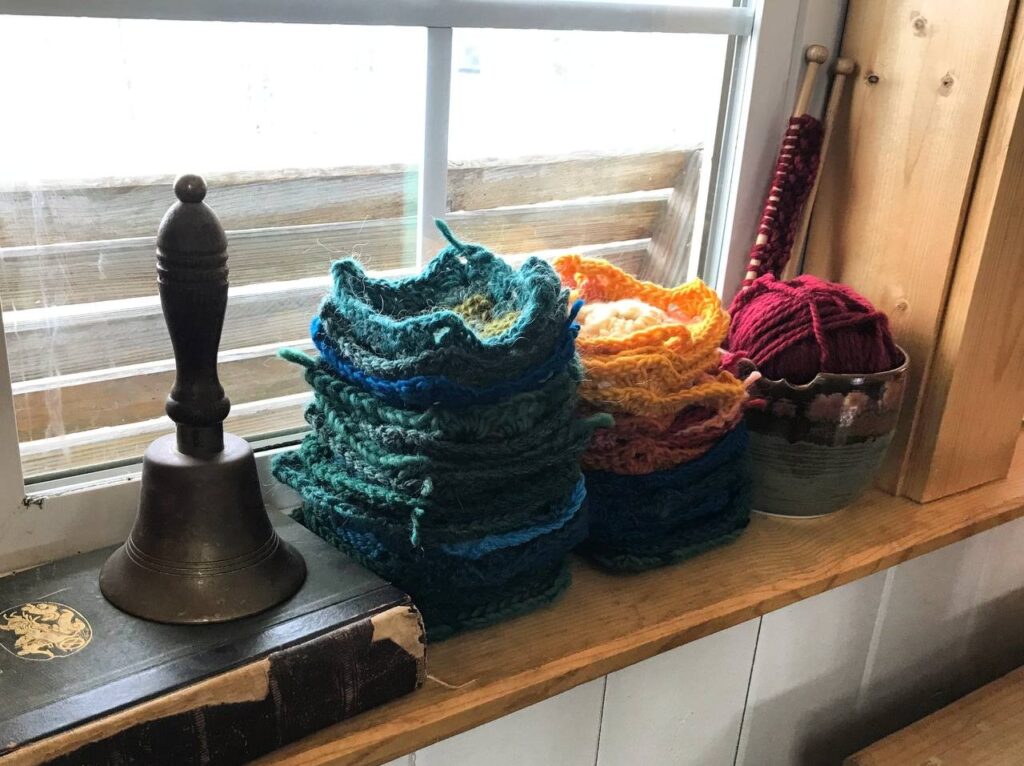
Want more content like this, straight to your inbox? Subscribe here.
related:
choose your battles: resisting our default by taking thoughts captive

